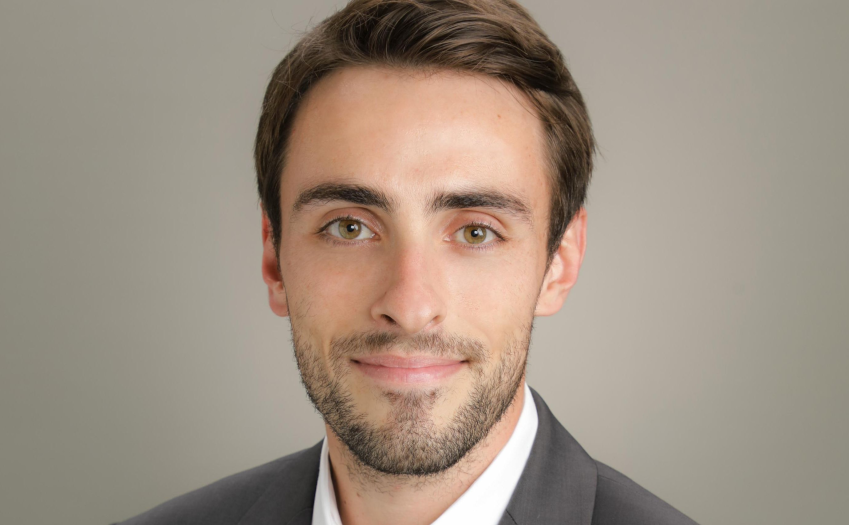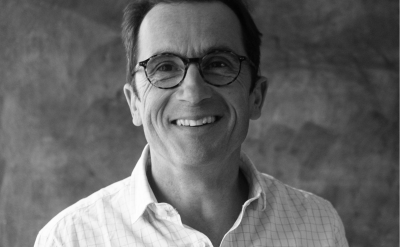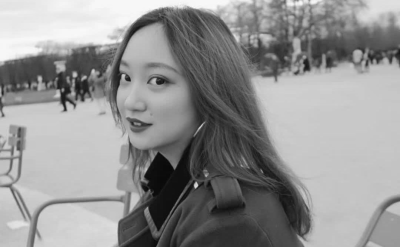News

Jordan Sabroux (SKEMA 2016), Senior Project Buyer at Valeo Spain - “Vary your experiences!”
In this interview for SKEMA Alumni, Jordan Sabroux from the Class of 2016 talks to us about his journey so far and his professional experiences abroad.
From Paris via Tokyo to where you are now in Jaén, Spain, could you tell us about your professional journey so far?
After two years of preparatory school, I started at SKEMA in 2012 on the Sophia Antipolis campus in L3, then moved to the Raleigh campus for my M1. When I got back France from the United States, I joined Valeo during my gap year, then did my Master 2 in the Business and Process Management stream as a sandwich course. Once I had graduated, Valeo gave me the opportunity to do a VIE (Volunteer for International Experience) programme in Japan, in Tokyo. It was supposed to be for one year and it ended up being three! These days I still work for Valeo, but in Spain.
Why did you choose Spain?
From a professional point of view, experience on a production site is highly regarded in the automotive industry. One of the group’s biggest sites is in the Jaén region, with over 5,000 people! So working here is the perfect opportunity to gain a broader understanding of industrial processes.
On a personal level, after three extraordinarily rich years in Japan, it was time to start a new chapter. Valeo’s offer was ideal, because it enabled me to return to Europe to be closer to family and friends. All this in an especially pleasant environment. It is certainly different to the megalopolis that is Tokyo, but it is in the heart of one of the most beautiful parts of Europe: Andalusia! To me, learning Spanish was a bonus too.
Did you run into any difficulties during your first professional experiences?
Doing an apprenticeship was a good way to ease into the professional world. Two weeks at Valeo, one week at SKEMA: it’s a structure that allows you to prepare for your future career while still having the support of the school. There is an adaptation period between theory and practice that can be rather uncomfortable, but within a few months you quickly learn how to navigate the new environment.
I perhaps had a bit more trouble when I first started in Japan. Sure, I already knew the company, but the environment I was working in was completely different. You’re completely out of your comfort zone and the cultural shock is huge! But there again, I had the chance to meet both French and Japanese colleagues who helped me and taught me a lot.
Can you tell us briefly about your company and your role?
Valeo is an automotive supplier on the cutting edge in vehicle electrification and in the development of solutions to reduce pollution (‘Stop and Start’, for example). The investments required in these technologies are increasingly substantial and complex, like autonomous driving for example. In this ultra-competitive market, a company like Valeo has to invest considerable effort into research and development. Today, Valeo has over 110,000 employees worldwide and a turnover of 19.2 billion euros.
As a project buyer within a team made up of a project manager, a logistics specialist and R&D members, I am in charge of all the purchasing connected with a given project. For example, Nissan or Mitsubishi in Japan, Audi or Seat in Spain. A big part of my job involves negotiating with suppliers, but I also have to make sure that the products meet the required specifications, that their quality if flawless, and I have to anticipate any logistical crises, which occur pretty frequently in my field, electronics.
What are the qualities needed to be a good project buyer?
You have to be very organised! Up to two years can go by between the project kick-off and the launch of production. In our work we must scrupulously stick to the milestones set by our clients. There is a lot of pressure and you have to deliver on time every time. You have to enjoy negotiating, whether in discussions about prices with the supplier or internally. And finally you have to be quite openminded. My colleagues are French, Spanish, Japanese, Indian or Mexican, and our suppliers are Chinese, Bulgarian and German!
Tell us about your time at SKEMA: what is your fondest memory of that time, what is something you especially liked about it (a class, a professor, a project), is there a particular moment that stands out for you?
A class: negotiation!
A professor: Elio Di Paolantonio, for American History.
A project: the 4L Trophy, hands down! Our association (Motorsports), SKEMA and most of our friends really stood behind Maxime Ben Aim (SKEMA 2016) and me during that adventure. This is a project that requires a great deal of personal investment and generates a bit of stress, but once behind the wheel of your 4L (Renault 4) in the desert, it’s pure joy.
What advice would you give our students or recent graduates wanting to start their career abroad?
The VIE programme! There’s nothing original in that statement, but it’s the best way. It’s very difficult, for example, to find a first job in a country like Japan right after graduating if you don’t speak the language or don’t have a specific skill set. And the red tape can put some companies off. That is why the VIE programme is an extraordinary opportunity. Once the two years are up, people often stay on in the company on a local contract. It’s generally CAC 40 companies that recruit the most, but SMEs do too. The easiest way is if you’re already in the company (internship, apprenticeship, gap year). It is estimated that 25% of VIE contracts are offered after an internship. But don’t let that discourage you: 30% of people going abroad on a VIE contract do so after applying to an ad posted on the official website (civiweb). The banking, automotive and pharmaceutical industries are those that recruit the most volunteers.
Do you have any career plans, prospects for career advancement?
The automotive industry has the reputation of being one of the best schools for sourcing and procurement and for project management; there are many opportunities for advancement. These six or so years at Valeo have gone by at a frightening speed! It might be time to take stock and think about which direction I would like to take my career in. Looking around me, I realised that I wasn’t ready to “lock myself into” a specific sector yet. It might be interesting to discover other industries, like retail or sports, or even another job role. Ideally, it would be great to accumulate as many experiences as possible before choosing a specialisation.
Contact: Jordan Sabroux, Senior Project Buyer at Valeo Spain




